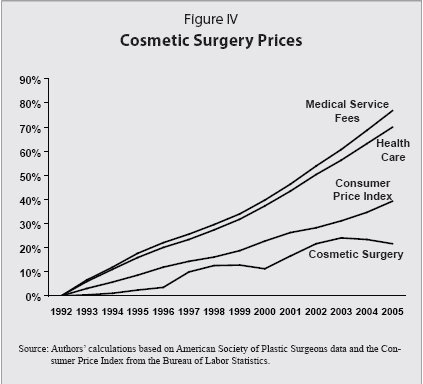Libertarians, In Case You Didn't Know This About Yourselves
From JM Berstein in the NY Times, via Kevin Drum, this is about Tea Partiers, but since it addresses the Tea Party distrust and disdain for government, I suppose it applies equally well to we libertarians:
My hypothesis is that what all the events precipitating the Tea Party movement share is that they demonstrated, emphatically and unconditionally, the depths of the absolute dependence of us all on government action, and in so doing they undermined the deeply held fiction of individual autonomy and self-sufficiency that are intrinsic parts of Americans' collective self-understanding.
....This is the rage and anger I hear in the Tea Party movement; it is the sound of jilted lovers furious that the other "” the anonymous blob called simply "government" "” has suddenly let them down, suddenly made clear that they are dependent and limited beings, suddenly revealed them as vulnerable.
Do you get that - we oppose the overwhelming size of government not for any rational reason, but out of a psychological need to deny that the government is inevitably going to grow larger and increase its control over our lives. This is so absurd it is freaking hilarious. This is what Louis the XVI's sycophants were telling him to make him feel better in 1789. I mean, after 200 years of only limited government interference in health care, how is it that a law passed over majority opposition for government takeover of healthcare somehow "demonstrates the absolute dependence of us all on government action?" Why doesn't it reasonably demonstrate the depth of risk we all face from a minority who have constantly through history been bent on wielding power over us.
Kevin Drum, sort of to his credit, rejects this thesis in favor of his own
So then: why have tea partiers gone off the rails about the federal deficit? It's not because of something unique in their psyches. And it's not because they're suddenly worried that America is going to go the way of Greece. (The polls I linked to above show that tea partiers care more about cutting taxes than reducing the size of government.) It's because they're the usual reactionary crowd that goes nuts whenever there's a Democrat in the White House and they're looking for something to be outraged about
So while he rejects the goofy psychobabble, he accepts the underlying premise, that any opposition to expansion of government and its power of coercion over individuals is irrational.
So take your pick -- libertarians are either a) advocating limited government only as a psychological crutch to hide from ourselves that Obama is really our daddy or b) scheming reactionary nuts. Whichever the case, remember that there can be no principled opposition to Big Brother.



